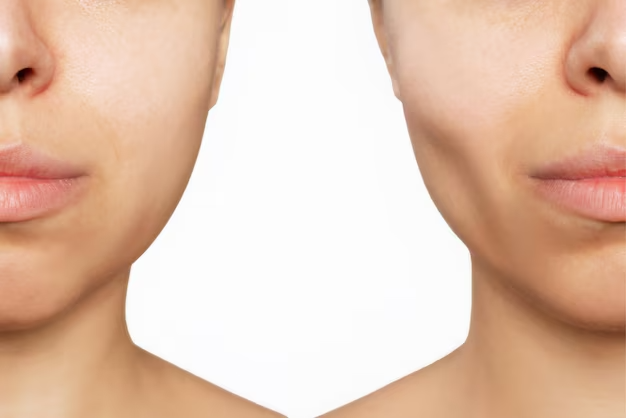What is buccal fat removal?
Buccal fat removal is a cosmetic surgical procedure designed to reduce the size of the buccal fat pads in the lower cheeks, creating a slimmer and more contoured facial appearance. This procedure is commonly sought by individuals who want a more sculpted look with enhanced cheekbone definition.
Watch This Video:
Who Is a Good Candidate for Buccal Fat Removal?
Ideal candidates for buccal fat removal have fuller cheeks, a stable weight, and good overall health. They should seek a more contoured face, have realistic expectations, and understand that results are permanent. A consultation with a plastic surgeon is key to ensuring the procedure suits their facial structure and goals.
Procedure Overview
The surgery is performed under local or general anesthesia, depending on the patient’s preference and the surgeon’s recommendation. A small incision is made inside the mouth on each side, through which the buccal fat pads are carefully removed. Since the incisions are inside the mouth, there are no visible scars. The entire procedure typically takes around 30 to 45 minutes.
Recovery
Patients can expect some swelling and mild discomfort for a few weeks following the surgery. Most swelling subsides within the first month, but the final results become noticeable in about three to six months as the tissues heal completely. To prevent infection, patients are advised to maintain good oral hygiene and follow a soft food diet during the initial healing phase.
Who Should Avoid Buccal Fat Removal?
Thin Individuals – If you already have a slim face, removing buccal fat can make you look overly gaunt.
People Who Are Actively Losing Weight – Since weight loss naturally reduces facial fat, undergoing buccal fat removal while losing weight can lead to excessive hollowness.
Older Patients – As we age, we naturally lose facial fat, and removing buccal fat can accelerate signs of aging, making the face appear sunken or aged prematurely.
In general, Buccal fat removal is an easy and low-risk procedure. Some plastic surgeons discourage this procedure due to concerns about premature aging (losing facial fat can make the face look older over time). There are also some patients who regret it later when natural fat loss with age makes their face appear too hollow. If you’re considering this procedure, it’s important to discuss long-term effects with an experienced plastic surgeon to ensure it aligns with your aesthetic goals and facial structure.


